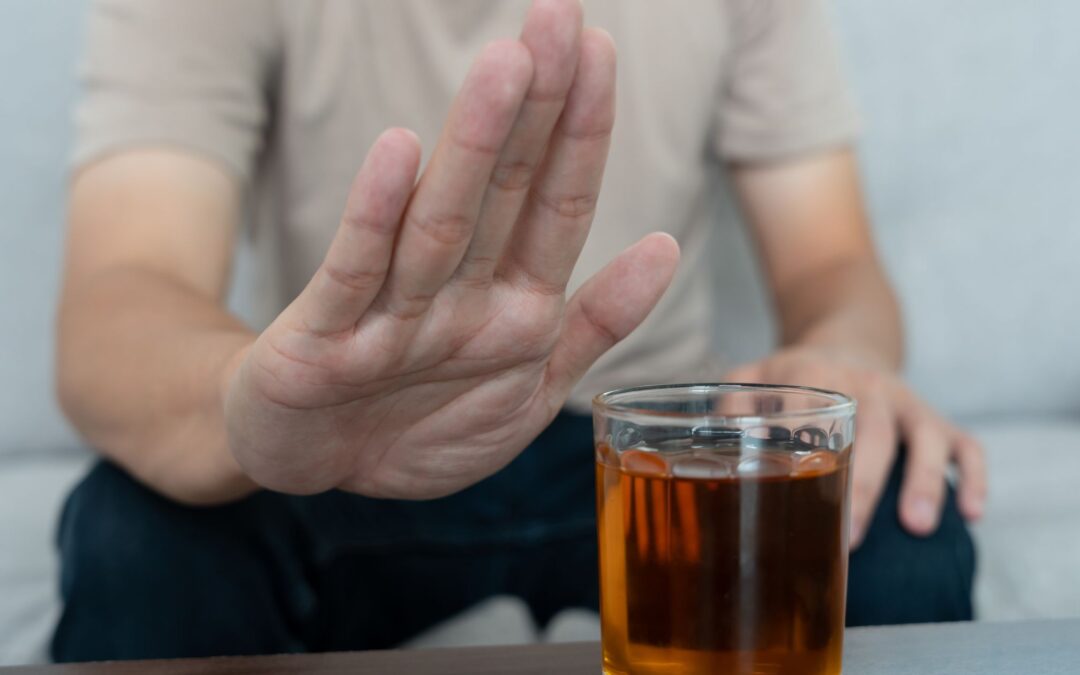Today is New Year’s Day, and for many of you reading this, it may come with a throbbing headache, queasy stomach, and a longing for relief from last night’s revelry. If you’re suffering from a hangover, rest assured you are not alone. The chief culprit behind these symptoms is dehydration caused by ethanol’s diuretic effect, which can lead to brain tissue shrinkage—hence the headache. Alcohol irritates the stomach lining, causing nausea, while the liver’s detoxification processes create toxic by-products that exacerbate the discomfort.
Hangovers, for all their ubiquity, remain poorly understood by the medical community, and quack remedies have existed for as long as alcohol itself. Ancient Romans, for example, ate fried canaries or raw owl’s eggs, while Assyrians turned to ground bird beaks mixed with myrrh. Across cultures, peculiar remedies ranged from pickled plums in Japan to pickled sheep’s eyes in Mongolia. In more recent history, concoctions like the Prairie Oyster—a mixture of raw egg yolk, Worcestershire sauce, and spices—emerged. Yet, as the British Medical Journal and countless others have concluded, there is no universally effective cure for a hangover. Robert Benchley, a writer from the Algonquin Round Table, perhaps said it best: “The only cure for a real hangover is death.”
While the humor in these words resonates, I propose an alternative: instead of searching for remedies after overindulgence, why not explore how your body and mind feel without alcohol at all? Enter the concept of Dry January.
The Case for Dry January
Dry January is a movement encouraging people to abstain from alcohol for the first month of the year. Its timing is no coincidence. After the indulgences of the holiday season, many people are left feeling sluggish, bloated, and unmotivated. Alcohol, while socially celebrated, is a toxin that affects nearly every system in the body. By taking a break, you give your body the chance to reset and heal.
From a medical perspective, the benefits of abstaining from alcohol are profound. Within days, many participants notice improved sleep, clearer skin, and increased energy levels. Over the course of a month, liver function improves, blood pressure stabilizes, and the immune system strengthens. Mentally, taking a step back from alcohol can lead to reduced anxiety, better focus, and a sense of accomplishment.
Reflecting on Your Relationship with Alcohol
One of the most valuable aspects of Dry January is the opportunity to reflect on your habits and their impact on your well-being. Without alcohol, you might discover new ways to socialize, relax, or cope with stress. Perhaps you’ll realize that a Friday evening without wine feels just as fulfilling when spent taking a walk, reading a book, or sharing a meal with loved ones.
This month of abstinence is not about judgment or deprivation; it’s an experiment. Think of it as giving your body and mind a much-needed holiday. After all, the challenges of daily life require you to be at your best. Alcohol, while enjoyable in moderation, can often hold you back from reaching your full potential.
Your Challenge: One Month of Mindful Living
So, why not give Dry January a try? Use this month as an opportunity to recalibrate your health and set the tone for the year ahead. Pay attention to how you feel physically and emotionally without alcohol in your life. Journal your thoughts, track your progress, and celebrate the small victories along the way.
As a doctor here in Nerja, I see firsthand how alcohol can affect people’s lives—both positively in moderation and negatively in excess. The Mediterranean lifestyle, with its focus on social connection, fresh food, and physical activity, provides an excellent framework for a healthy balance. Dry January can serve as a reminder that these elements of life are often best enjoyed with a clear mind and body.
A Healthier You Awaits
As you nurse today’s hangover—or simply reflect on the year ahead—consider making Dry January your first resolution. It’s a simple, free, and effective way to start the year on a positive note. Whether or not you decide to reintroduce alcohol in February, you’ll gain valuable insights into your health and well-being.
So, this January, let’s toast—not with a glass of wine or a cocktail, but with a commitment to ourselves and our health. Here’s to a month of clarity, energy, and renewal. Cheers!
This article was written by Dr. P. A. Anthony, Clinica Santa Cecilia Medical Director and General Practitioner. Call us today at +34 95 252 1024 to set up your appointment with Dr. Anthony.
